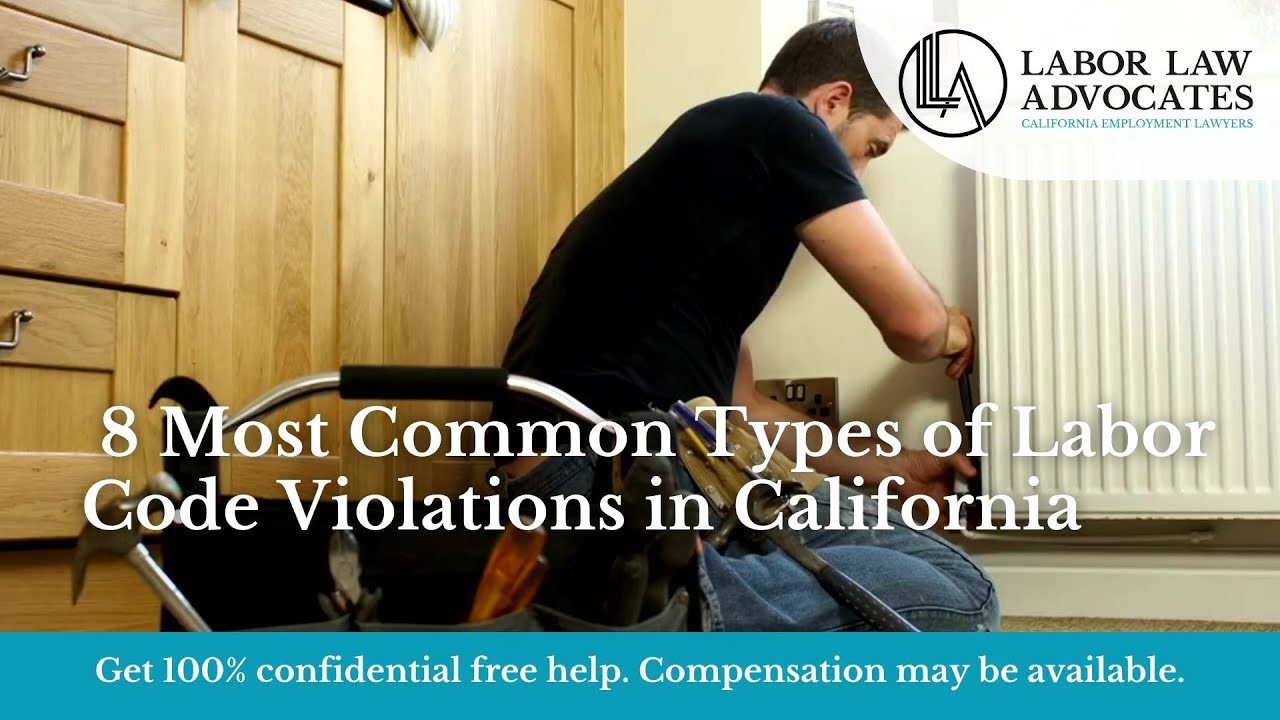
Shein, a popular fast-fashion retailer, recently released its 2023 sustainability and social impact report. The report confirmed concerns raised by U.S. lawmakers regarding labor violations by Shein’s Chinese suppliers. During audits, the company discovered two cases of child labor, which is defined as any person under the age of 15 or under the minimum age for employment in the local region or country. In China, the minimum age is set at 16.
Shein took swift action upon uncovering the child labor violations. The company suspended contracts with the manufacturers involved, and the cases were resolved promptly. This represents an improvement from 2022, when 0.3 percent of Shein’s audits revealed child labor violations. The company’s report stated that errant suppliers were given 30 days to rectify their offenses, and the steps taken included terminating contracts with underage employees, ensuring payment of outstanding wages, arranging medical checkups, and facilitating repatriation to parents or legal guardians as needed.
To address these issues effectively, Shein has strengthened regulations by requiring manufacturers to verify the identification of new hires and maintain records. The company has also updated its policy to terminate suppliers that violate child or forced labor regulations in the future. It’s important to note that the report did not identify any cases of forced labor, although forced labor was uncovered in 0.1 percent of audits in 2022.
Additionally, the report highlighted wage violations, such as paying below the local minimum wage or delaying payments, in 0.5 percent of audits conducted in China. These cases were remedied within 30 days, according to Shein’s report.
Shein relies heavily on third-party verification agencies to conduct audits on its 3,990 supplier and subcontractor sites in China. These audits assign grades ranging from A to E. The company has terminated contracts with three suppliers in 2023 for failing to address policy violations, one for receiving consecutive failing grades, and another for refusing an audit. The majority of suppliers (51 percent) received a grade of C, though specific criteria for the grade levels were not detailed in the report.
As a signatory to the U.N. Global Compact, Shein is committed to upholding international labor laws that prohibit forced and child labor. The company has taken steps to strengthen its contracts by including more specific language that bans forced labor. For example, suppliers are now prohibited from collecting recruitment fees or requiring workers to surrender their identification.
Shein has set ambitious sustainability goals, aiming to achieve net zero emissions by 2050. The company plans to adopt additional internal initiatives to reduce greenhouse gas emissions, utilize renewable energy sources, and establish a fully circular textile supply chain by 2050. In 2023, 72 percent of Shein’s electricity came from renewable sources, up from 68 percent in the previous year. The report acknowledged that these figures do not account for suppliers and subcontractors but stated that new initiatives are being implemented to help suppliers become more energy efficient.
One of these initiatives involves a partnership with the Apparel Impact Institute, through which Shein has introduced projects aimed at reducing energy and water waste at 28 supplier sites. These projects are estimated to save 14,046 MWh of electricity and 46,000 metric tons of carbon emissions annually.
While Shein’s sustainability efforts are commendable, the report also revealed a significant increase in the company’s carbon emissions. In 2023, Shein’s carbon emissions grew from 9.17 million metric tons to 16.68 million metric tons, reflecting the company’s rapid growth in the fast-fashion market.
U.S. lawmakers have consistently expressed concerns about labor violations in Chinese companies that sell goods to American consumers. The Chinese Communist Party (CCP) has been known to utilize forced labor camps. The Uyghur Forced Labor Prevention Act (UFLPA), enacted in 2022, prohibits the import of products made with forced labor. Xinjiang, where the CCP persecutes the Uyghur ethnic minority, accounts for 87 percent of China’s cotton production. A recent study found that Xinjiang cotton was used in 19 percent of U.S. imports.
Bipartisan groups of lawmakers have called on Shein to take further action to ensure it is not benefiting from the CCP’s forced labor projects. However, companies like Shein argue that the UFLPA does not apply to their imports because packages shipped from China to consumers are individually valued under $800 and are not subject to border inspections.
Shein’s plans for an IPO have intensified scrutiny from lawmakers. Last November, the company filed for an IPO in the United States, prompting demands for proof that it does not benefit from slave labor. In June, Shein filed for an IPO in London, which led U.S. Senator Marc Rubio to urge British lawmakers to investigate the company before allowing it to go public.
British officials have echoed the concerns of their U.S. counterparts, emphasizing that any company found to have forced labor in its supply chain should not be allowed to do business in the UK. Shein’s labor practices and sustainability efforts will continue to be closely monitored by lawmakers and consumers alike.
As Shein continues to grow and expand its presence in the fashion industry, it must prioritize ethical and sustainable practices. Addressing labor violations, improving transparency, and reducing carbon emissions are critical steps for Shein to build trust and ensure a positive impact on both workers and the environment.


